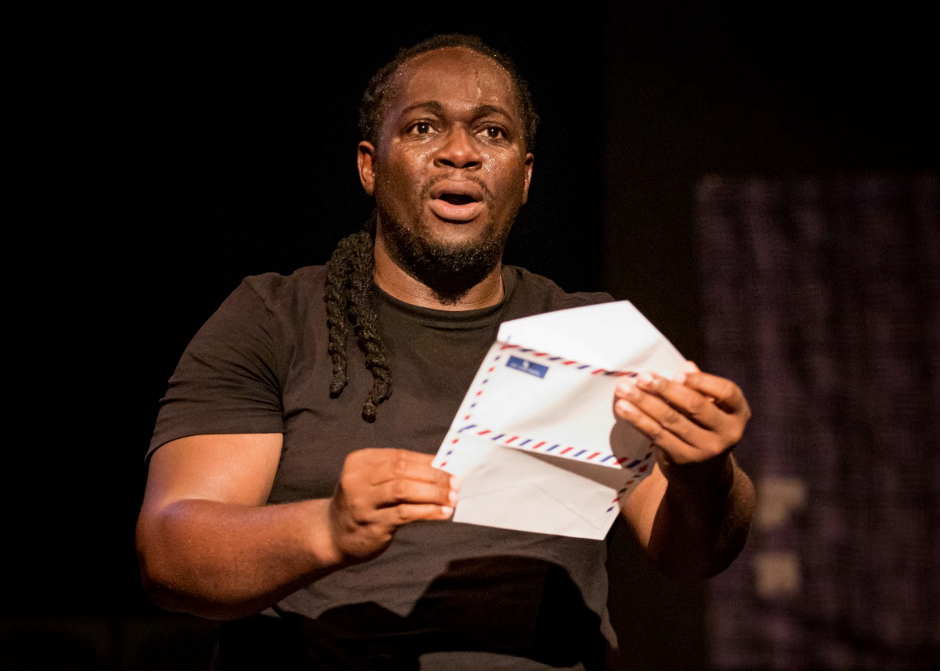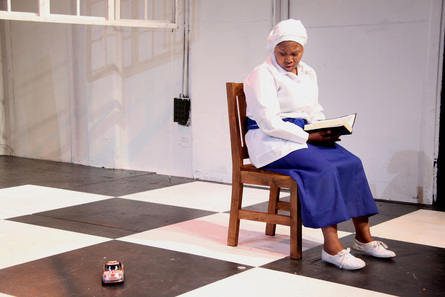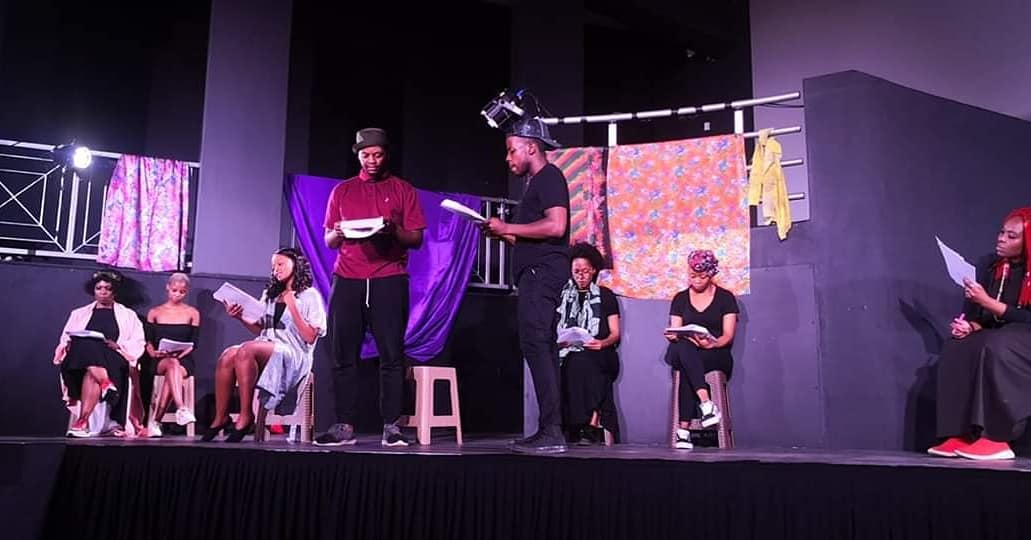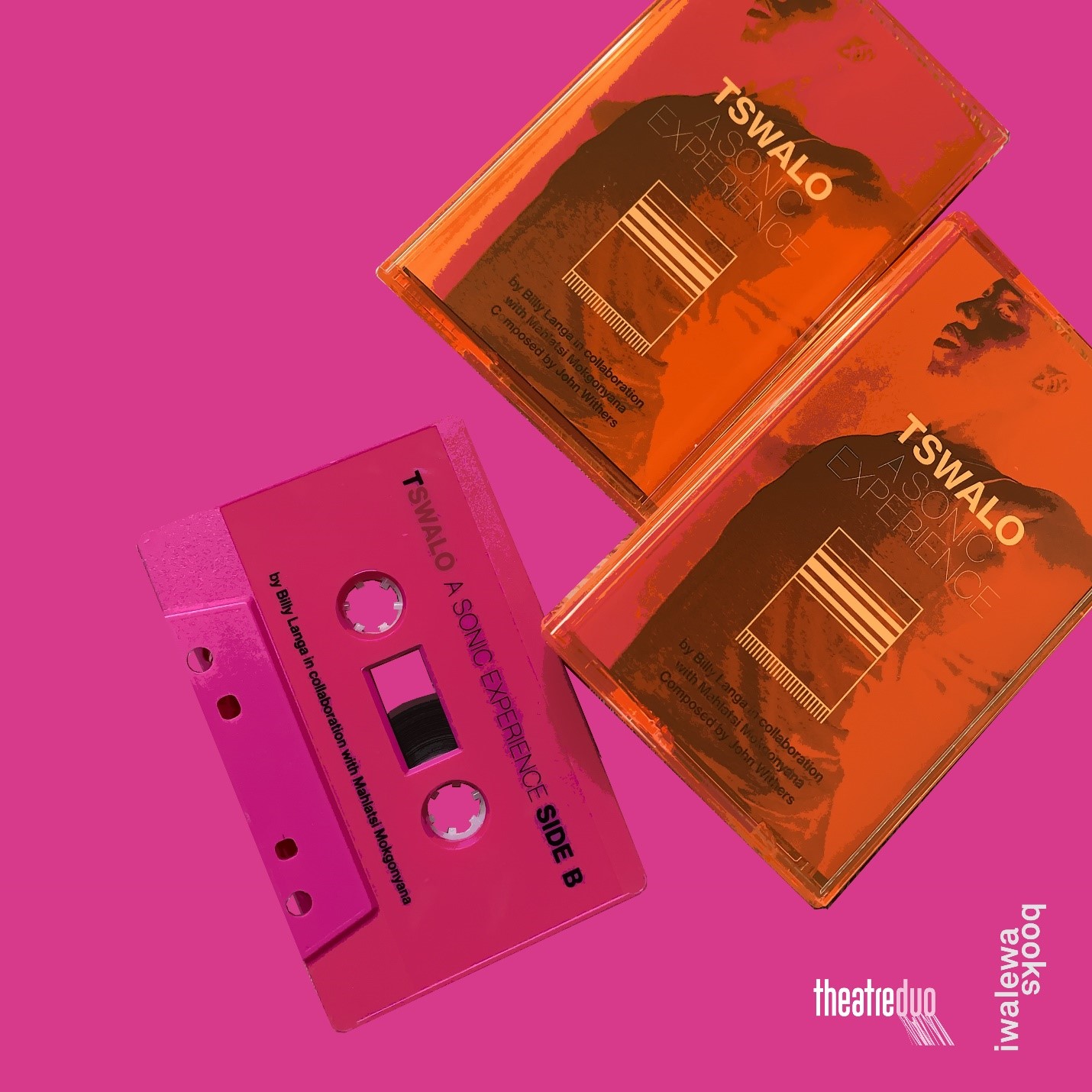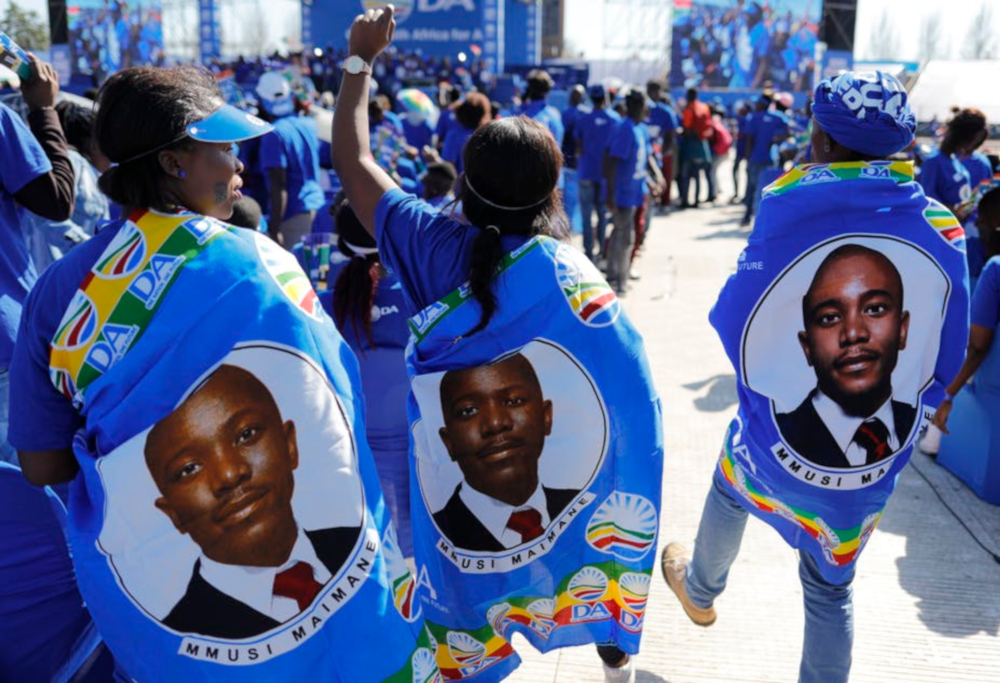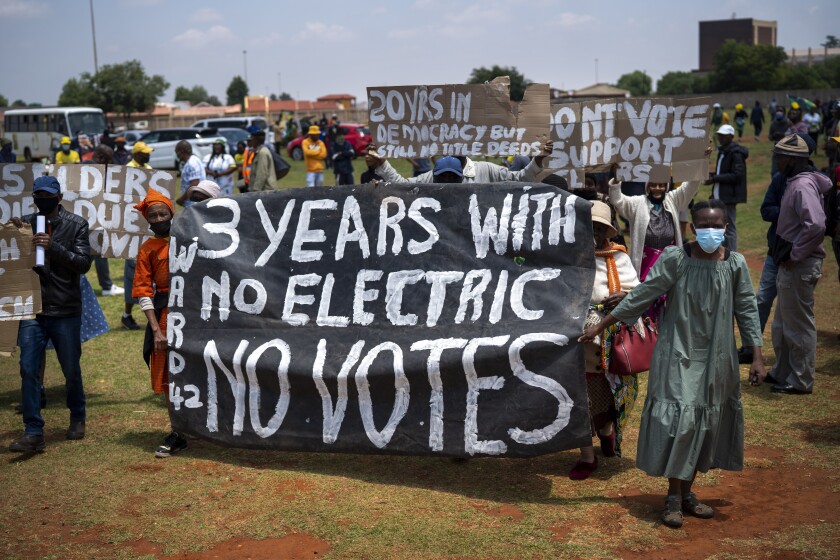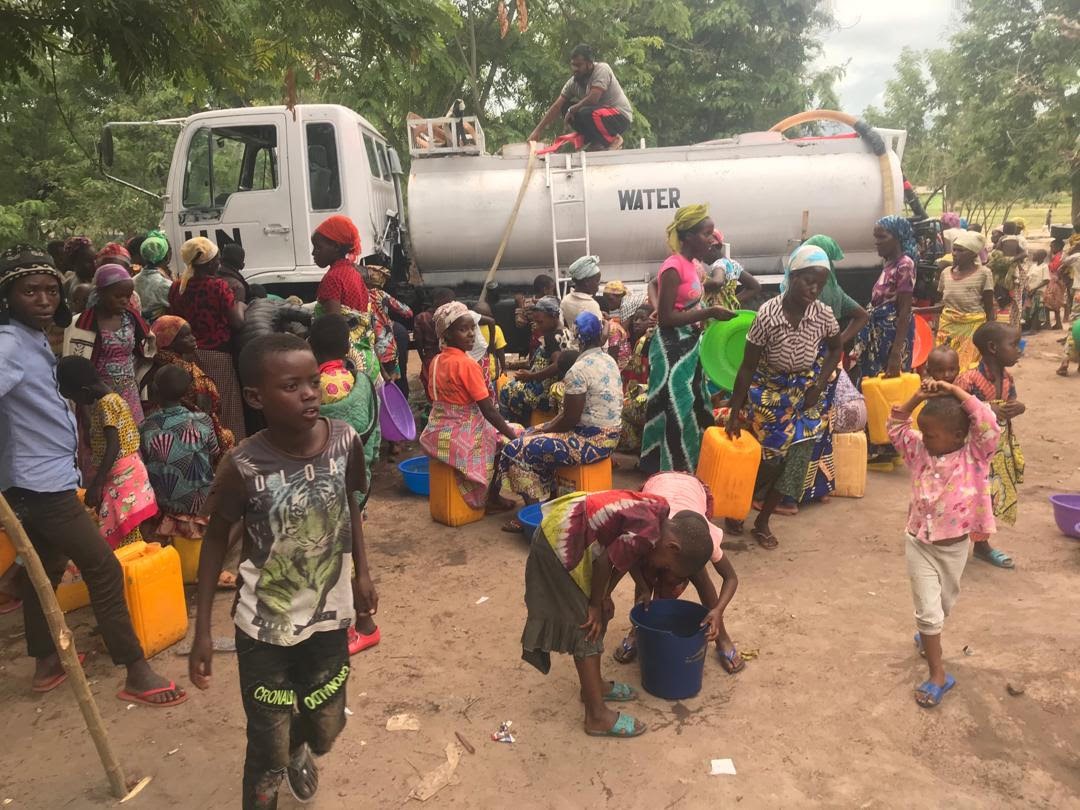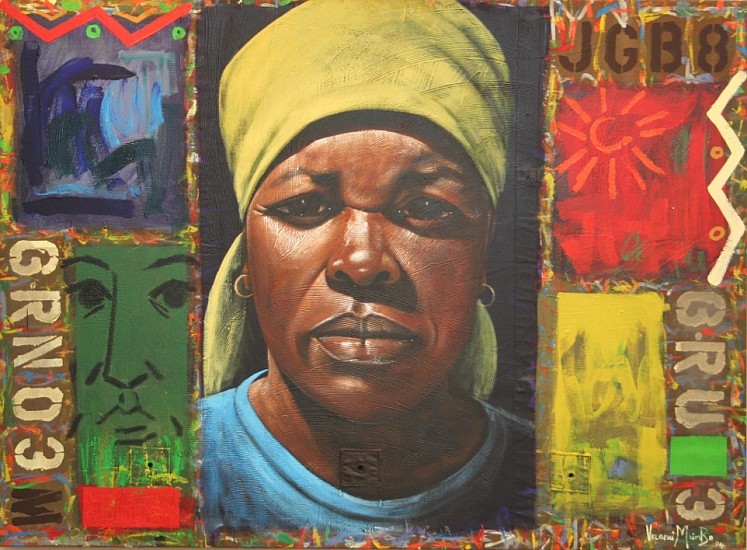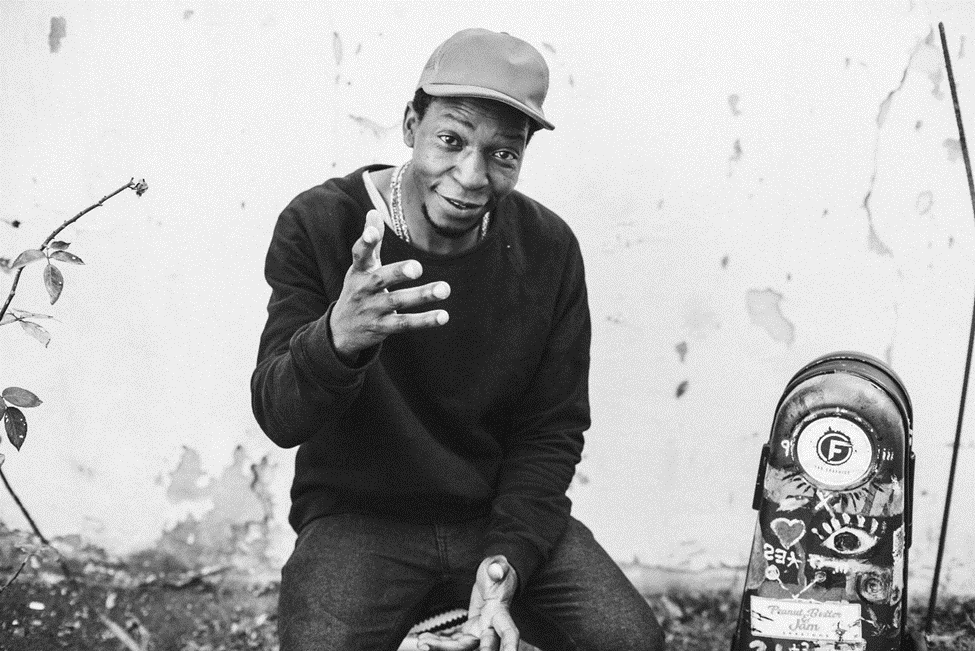On Thursday the 21st of March, an audience of multiple African nationalities journeyed from the old Methodist Church in Observatory in Cape Town to the glamorous streets of Lagos through Oluwasegun Lafup Ogundipe’s new comedy, Ìlọ Yá (loosely translated as “The Journey Begins”). Ogundipe’s efforts as writer and performer of this fresh work, bring forth a wonderful story about love, loss, betrayal and migration within the borders of Nigeria, at first, and eventually, the world.
Langston Hughes eloquently surfaced the poignant question, "What happens to a dream deferred..." in thinking about the aspirations of a people denied their freedom, humanity and ambitions of a better life.
Lafup, as many of his compatriots affectionately call him, relocates this question, and subverts its poignancy to extract its essence, reimagining it through the comical lens of the life of his central character, Ibadan-born, Mokan. Once Lafup had set the foundation, as if to turn the audience into a chorus, he taught us a song that he would call on us to sing at the relevant intervals. This song, held the lesson that young Mokan’s parents had imparted to him as he left for Lagos, stating that he should be cautious because, “Lagos no go gree for anybody”. We were all keenly waiting for those moments when we would sing along, and inevitably, these moments presented themselves in pivotal moments in Mokan’s story.
At the beginning of the play, Mokan starts as a bright prospect, scoring the highest in the Shell employment aptitude exam, and proving to be a formidable candidate. However, due to his other dream: to marry his beloved Sade – his love interest who loves not him, but his ability to provide for her – he never hears back from Shell and sets out on a new series of side journeys to try and survive the testing streets of Lagos. He starts a wailing business where he sells his tears to families that are too rich to degrade themselves by weeping for their deceased. Mokan weeps on their behalf for an agreed-upon price, and he seems to do relatively well for himself, all the while making various silly mistakes. When this business comes to an end, and various other ventures fall apart, Mokan decides that maybe he should leave Nigeria for better prospects abroad. Encountering chance-takers, prophets-cum-Visa agents, and real estate swindlers who are constantly trying to give him a bad deal, he is on the brink of losing all hope when his landlord’s daughter, a lawyer, promises to help him apply for a UK visa with the proviso that they do things “legit, this time”.
When things seem to finally be taking a turn for the better, he discovers a letter from Shell, under a pile of rejection letters hidden away by Sade (who quickly becomes his ex-girlfriend). He discovers that his employment application was successful, and now, too, his UK visa. With Mokan facing this dilemma, Lafup ended the play, leaving the audience on a cliffhanger, where they were tasked with deciding Mokan’s future. Some audience members said they would stay in Lagos and work at Shell, while others, in fact, most, said they would leave and rather take a chance in the United Kingdom, reflecting a prevalent view of many across the continent. The audience’s experiences with migration were surfaced by this story of hope, desire and the questions that come with forging one’s path to prosperity.
Mokan's preoccupation with moving to Lagos and making it big as a Shell engineer and executive sees the "Johnny just come"/"Jimmy comes to Jozi" narrative presented through what would have been an entirely new lens for many in attendance. For many others, the story would be all too familiar, as we have all had to face the grief of dashed hopes, and through this hilarious play, we were invited to look at ourselves and see just how far we have come from our past struggles.
With a style that venue manager, Caroline Calburn described as refreshingly soft, Lafup managed to create an environment of ease by leaning on his experience as a stand-up comedian. By breaking the fourth wall from the first utterance, he invited the audience to shift from observers to participants, reprising the role of Boal’s spect-actors. Lafup prefaced the performance with a light discussion about the audience’s ideas about migration, asking what the word meant to them, what it called to mind, and what their current relationship with the idea might have been. All the while, he developed a rapport with the audience by ascertaining where the different voices originated from. As a result, we were all aware that there were Nigerians, South Africans, Kenyans and Zimbabweans in the room. Some audience members were more vocal than others, and so there may have been more nations present, albeit silently.

While the work had some elements that could be developed further, this performance was delightful to watch, participate in and reflect on. Being a Pretorian-born Capetonian, I found the themes of precarity, vulnerability amidst new experiences, and the risk to one’s personal safety, material well-being and spiritual grounding, profoundly moving. When Mokan lost his father before realising the Nigerian Dream – to make it big in Lagos – he painfully asked, “What do you do when your very reason for striving passes away before your prime?” These and other poignant questions effectively set up a situation where Mokan, and the audience had to figure out how to navigate through the rest of their lives in the face of intermittent loss, sustained grief and rejection at almost every turn.
Ìlọ Yá offers a unique opportunity for reflection on our motives and actions when things seem to be falling apart. Lafup’s comical perspective allows the light and the dark to co-exist in sometimes sweet, and sometimes shitty harmony. No matter which decision we choose, however, the journey continues with us. Performed on Human Rights Day, this comedy reminded us just how important freedom of movement is, especially when you are the one who goes out into the world to win the bread of hope for those looking up to you. All Africans should watch this play!

